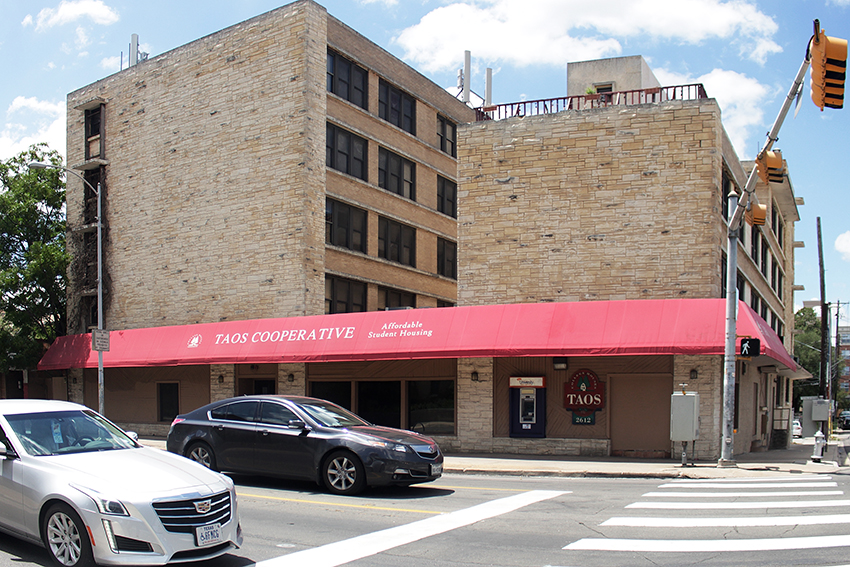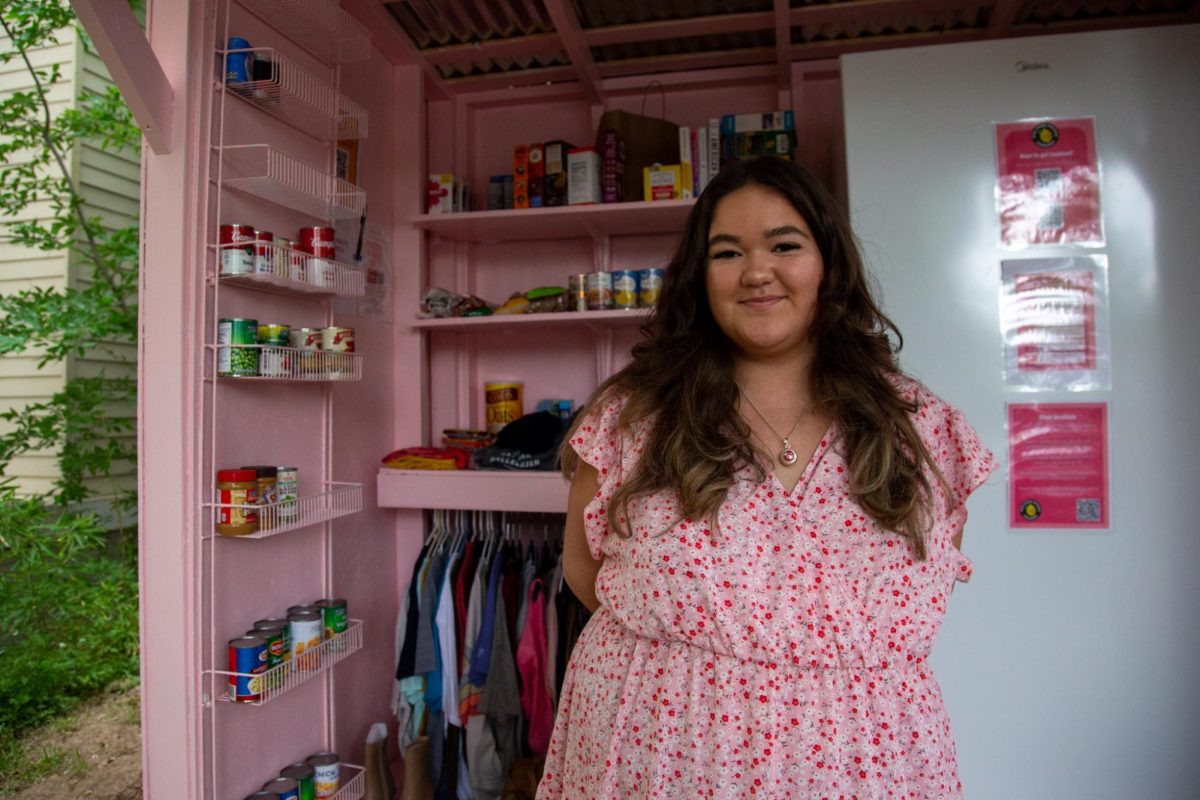Austin is in the process of allowing housing cooperatives to apply for city housing financial aid in an effort to expand housing options and reduce rent for members of co-ops.
In a resolution passed unanimously by the Austin City Council on Aug. 17, the city manager is now tasked with finding ways to allow co-ops to become eligible for financial aid through the city’s affordable housing initiatives.
Residential co-ops, or buildings owned by a corporation whose residents are shareholders, have been cheaper alternatives for student living compared to dormitories or apartments for over 50 years. Mayor Pro Tem Kathie Tovo, whose district encompasses West Campus and the surrounding areas, sponsored the resolution and said it only made sense to give co-ops the same help other affordable housing alternatives receive.
“(Co-op residents) have a vested interest in making sure it remains affordable,” Tovo said. “The assets are shared, so you’re not subject to the whims of private development and market prices. There’s a built-in incentive to keep rent low.”
The resolution does not have an implementation deadline, but the city manager is directed to update the Council on their progress by Oct. 16. One new source of financial aid for co-ops would be from the city’s Down Payment Assistance Program. This program offers 0 percent interest deferred loans for up to $40,000, eliminating the need for current or potential co-ops to require large sums of money for their mortgage down payments.
The City Council also tasked the city manager with researching the possible inclusion of co-ops in the “right of first refusal” policy for tenants living in properties on the Repeat Offender Program. The program allows tenants to purchase their residences if the quality of housing is consistently substandard, such as residences with frequent mold or water damage. If implemented, the policy also gives tenants the right to block a sale of their residence to another owner in order to form a co-op.
Tovo said this policy is especially important to ensure residents are not forced out of their homes because of higher rent placed by new owners. In some cases, the policy can even prevent residences from being purchased and demolished to build newer, more expensive apartment complexes, Tovo said.
Kim Garmany, development director for College Houses, a nonprofit that runs several co-ops in West Campus, said she’s especially excited about the resolution because College Houses just voted to build another co-op in West Campus, which is scheduled to open in the next several years and could likely be included in the Down Payment Assistance Program.
“Living closer to campus is best for students, and they need somewhere affordable to live,” Garmany said. “It’s becoming a real barrier for students being able to live conveniently close to the University.”
Computer science freshman Ella Robertson, a resident of Taos Co-op, said co-ops were the only housing option that was both in her price range and close to campus. Robertson said the city’s efforts to increase affordable housing are vital because of the lack of cheap places near campus.
“It’s much needed, especially with the cost of tuition rising at UT,” Robertson said. “I just don’t see how they can expect us to afford housing as it is now and tuition. It’s not reasonable.”





















